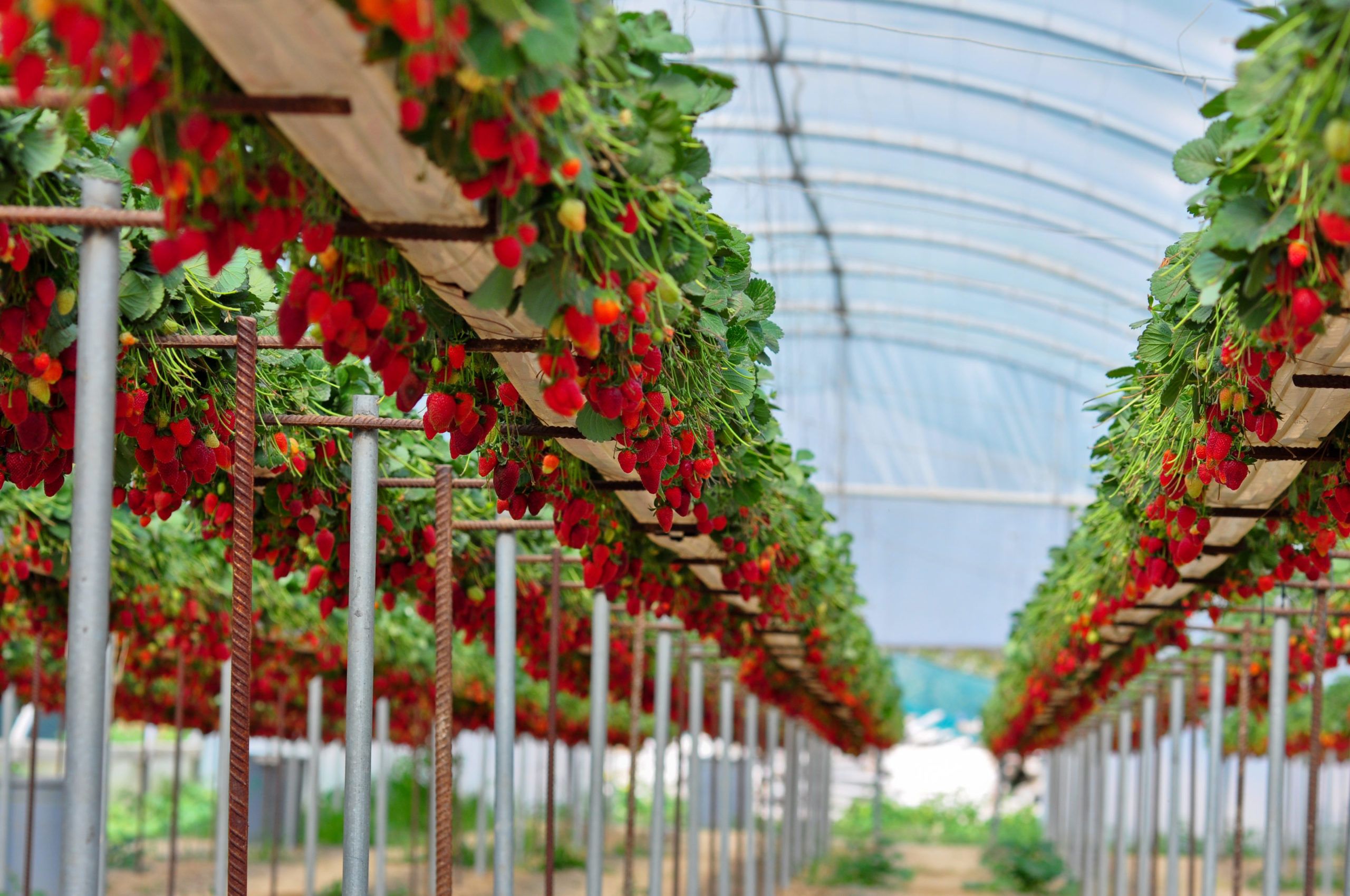Tortuga AgTech, a Denver-based robotics startup targeting controlled-environment fruit and vegetable growers has raised a $2.4 million Seed round.
Tortuga Agtech is developing robotic systems for harvesting fresh produce in controlled environments, from indoor hydroponics to greenhouses, starting with strawberries.
“Our products will enable advanced growing methods to compete with scale agriculture, which means growers will be able to grow better produce that’s also better for the planet,” says the company’s website.
The round was led by early-stage hardware VC Root Ventures and closed in September. Root Ventures is also an investor in Momentum Machines, San Francisco’s burger-making robot company, which raised $18.4 million in June.
Also participating in this round were Silicon Valley tech VCs Susa Ventures and Haystack, data-focused firm AME Cloud Ventures, AI and robotics VC Grit Labs, the Stanford-StartX Fund and SVG Partners, which runs the Salinas Valley-based Thrive Agtech Accelerator. AME Cloud is also an investor Zume Pizza, a pizza delivery company in the Bay Area with a robot for a chef, which raised $48 million in October.
Harvesting of row crops has been automated for decades, but harvesting of specialty crops, like nuts, fruits, and vegetables, remains an elusive skill for farm robotics startups. Not only do these crops vary greatly in size, height, and color, they can also be more delicate and require not just a light touch in picking, but immediate assessment and packing by size or quality.
Though high-tech indoor agriculture is ripe for robotics interventions because of the easier and more stable working conditions compared to the field, not many robotics startups have emerged servicing this kind of growing.
Spread is a Japanese indoor vertical farming company that will open an automated lettuce farm in early 2018 allowing for a 50% reduction in human labor, according to the company. Transplanting seedlings, managing the growth process, and harvesting will all be automated, according to the company’s website.
South San Francisco-based vertical farm Plenty’s CEO told Business Insider that the company uses tiny robots in its seeding process. Though the company is not yet commercially growing strawberries, CEO Matt Barnard told AgFunderNews this is in the works.
Most operating vertical farms today are growing only leafy greens and microgreens due to the short growing cycles and high yields. There are just a few growing strawberries such as Japan’s Ichigo Company.
Greenhouses, however, are gaining market share of strawberry cultivation worldwide. Though greenhouse-growing of strawberries in the US has not yet taken off, 24% of strawberries grown in the Netherlands, the worlds second-largest exporter of food (by value) grow in a greenhouse according to the Dutch Central Bureau of Statistics.
Also working on harvesting strawberries, but in outdoor environments, are Agrobot and Harvest Croo.





